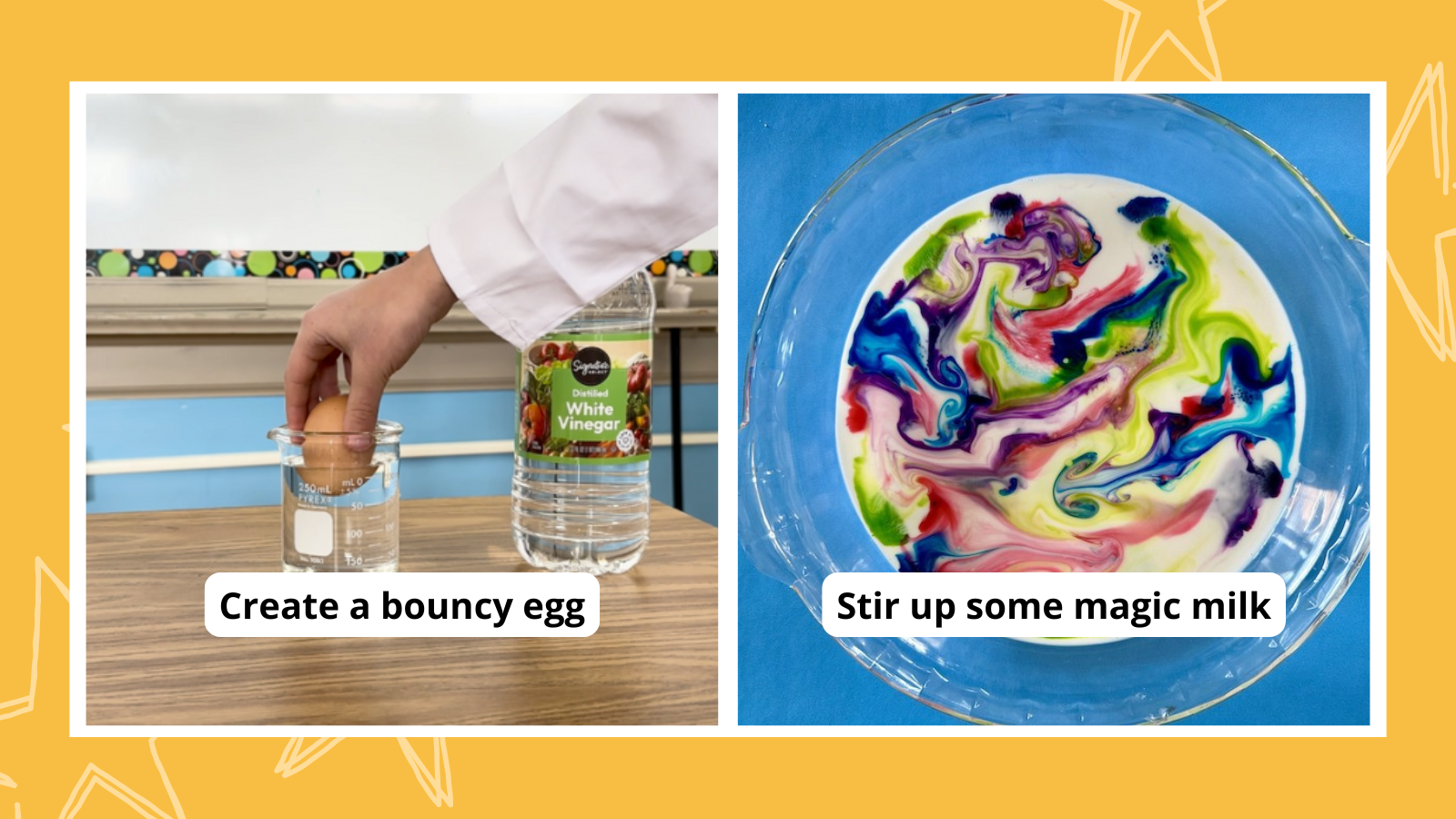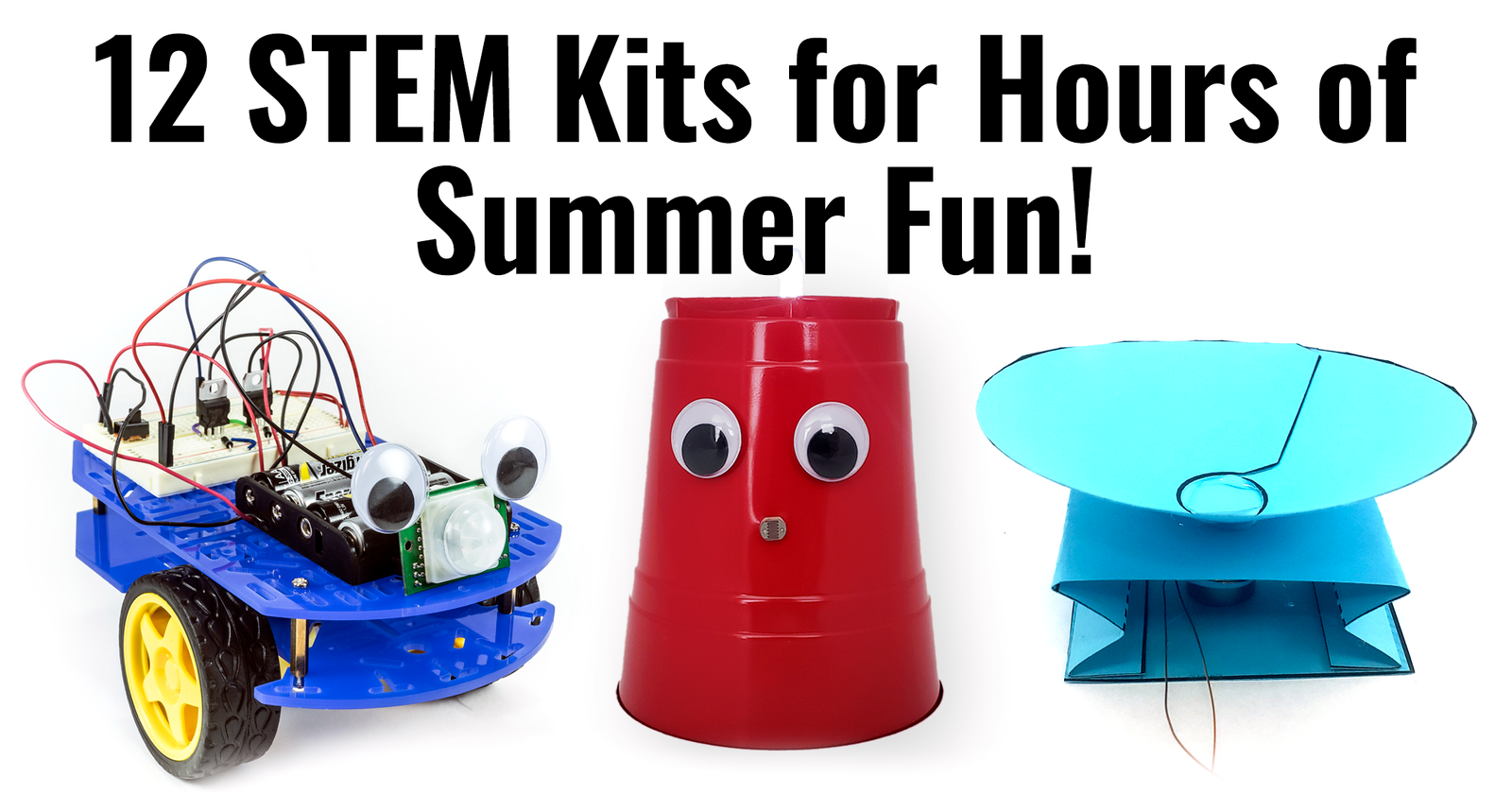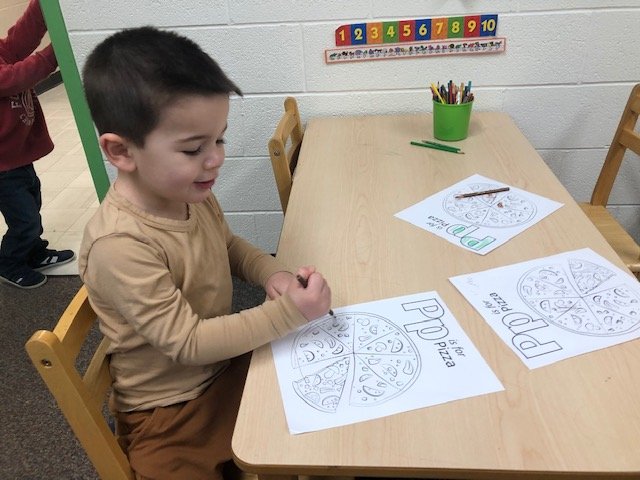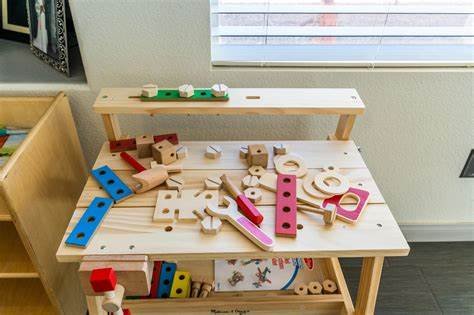As parents and educators strive to spark curiosity and learning in young minds, preschool science kits have surged in popularity. Designed to introduce basic STEM concepts through hands-on activities, these kits promise fun and education wrapped into one neat package. But do they deliver on their promises, or are they just another flashy product? Let’s examine the pros, cons, and effectiveness of preschool science kits.
What Are Preschool Science Kits?
Preschool science kits are curated collections of tools, materials, and instructions designed for young children (ages 3–5) to explore simple scientific concepts.
- Typical Contents: Measuring tools, magnifying glasses, droppers, colorful powders, safe chemicals, and activity booklets.
- Focus Areas: Nature, chemistry, physics, and basic biology.
These kits aim to teach kids through interactive experiments like mixing colors, growing crystals, or observing bugs.
How Preschool Science Kits Benefit Young Learners
1. Hands-On Learning
Preschoolers are tactile learners who thrive on physical interaction with materials. Science kits provide this opportunity, allowing them to touch, mix, and observe.
- Example: A simple vinegar-and-baking-soda experiment introduces the concept of chemical reactions in an engaging way.
2. Encourages Curiosity and Exploration
Science kits are designed to inspire “why” questions. Why does a magnet stick to some things but not others? What happens when you mix different substances?
- Impact: These moments of wonder are foundational for developing scientific thinking.

3. Promotes Cognitive Development
Experiments involve problem-solving, prediction, and observation, all of which boost critical thinking and reasoning.
- Benefit: Early exposure to these skills prepares children for structured learning in school.
4. Enhances Fine Motor Skills
Activities like using droppers, tweezers, or stirring encourage hand-eye coordination and dexterity.
- Bonus: These skills are essential for writing and other school activities.
5. Fosters Parent-Child Interaction
Many science kits are designed to be used with adult supervision, creating bonding opportunities as parents and children explore together.
Do They Really Work? The Pros and Cons
The Pros
- Engagement: Science kits captivate children with colorful and interactive components.
- Convenience: All materials are included, saving parents time and effort.
- Tailored Learning: Kits often come with step-by-step instructions, simplifying complex ideas for young learners.
The Cons
- Oversimplification: Some kits may water down scientific concepts, focusing more on play than learning.
- Cost: High-quality kits can be pricey, making them less accessible to some families.
- Disposable Nature: Many kits are single-use, limiting opportunities for repeated learning.
How to Choose the Right Science Kit
- Check Age Appropriateness
Ensure the kit aligns with your child’s developmental stage. Look for labels indicating it’s suitable for preschoolers. - Prioritize Open-Ended Kits
Choose kits that encourage exploration beyond the instructions, fostering creativity. - Look for STEM Accreditation
Opt for kits endorsed by educational institutions or STEM organizations for credibility. - Read Reviews
Feedback from other parents can help you gauge the kit’s quality and educational value. - Consider Reusability
Reusable kits offer better value and more learning opportunities.
Alternatives to Science Kits
If a science kit doesn’t fit your budget or needs, consider creating DIY experiments using household items:
- Baking Soda Volcano: A classic introduction to chemical reactions.
- Leaf Collection: Teach kids about different plants and textures.
- Floating and Sinking: Use toys and water to explore buoyancy.
These alternatives can be just as educational and engaging.
Tips for Maximizing the Benefits of Science Kits
- Be Involved: Guide your child through the activities, explaining concepts and answering questions.
- Encourage Experimentation: Let them explore and make mistakes—it’s all part of learning!
- Repeat Activities: Reinforce concepts by revisiting experiments and asking new questions.
- Expand on Topics: Use books or videos to delve deeper into the science behind each experiment.
Final Verdict: Do Preschool Science Kits Work?
Yes, preschool science kits can be effective tools for sparking curiosity and introducing basic STEM concepts. However, their success largely depends on how they’re used. With parental involvement and a focus on fostering curiosity, these kits can provide an enriching experience.
That said, they’re not the only path to early science education. Whether you choose a kit or opt for DIY experiments, the key is to nurture a love for learning and exploration in your little scientist.










